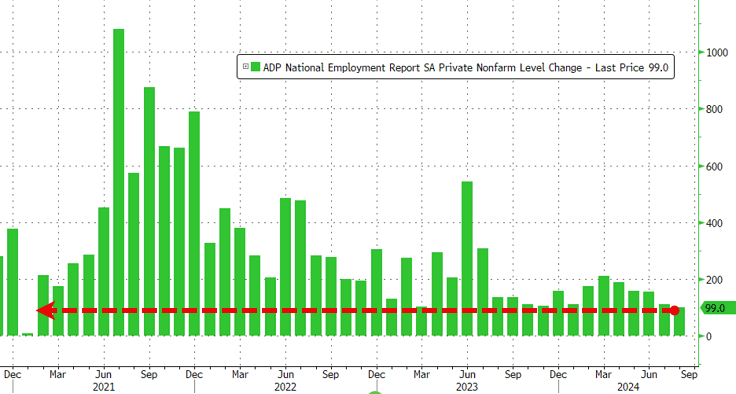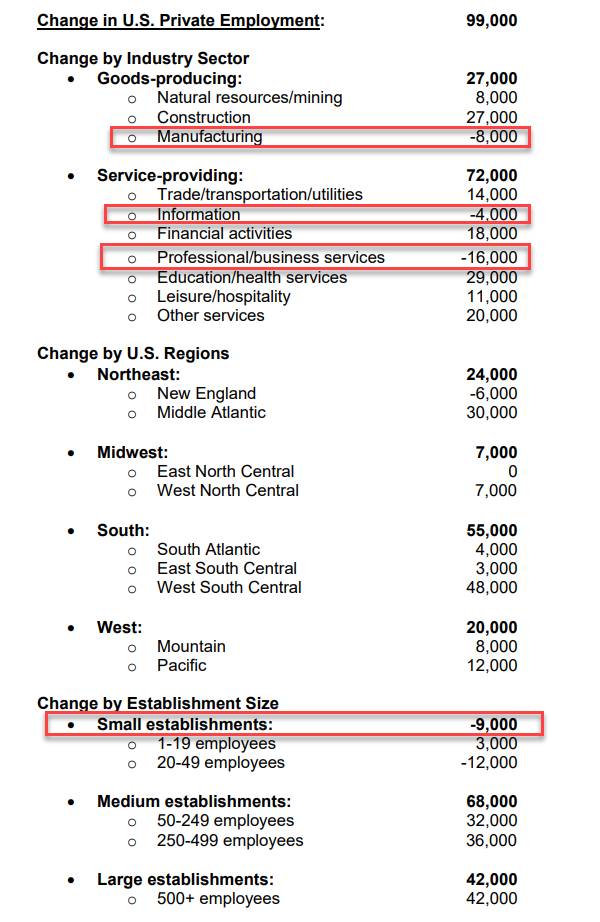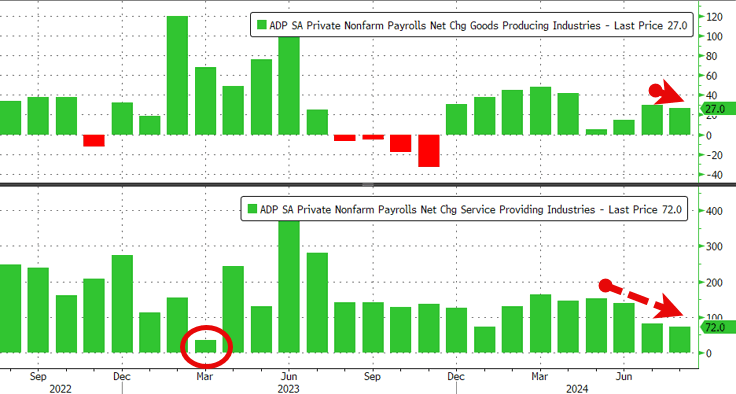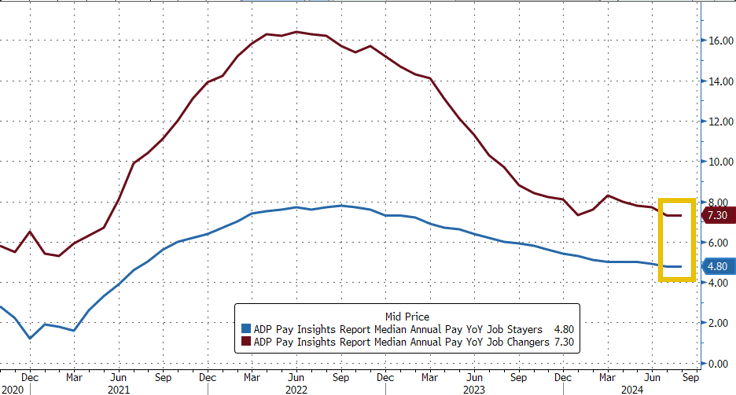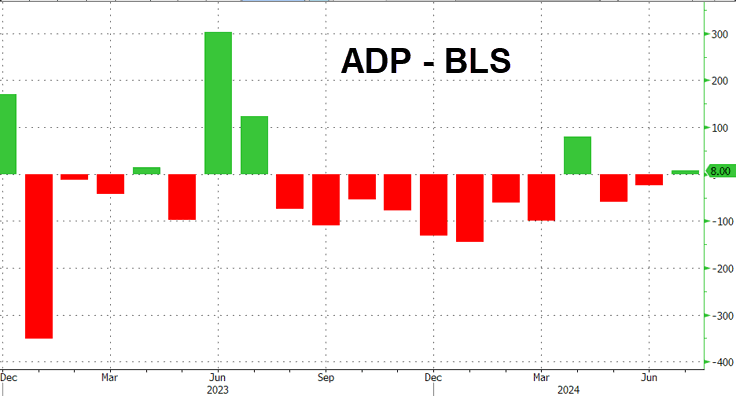But the truth is that one doesn't even need something as unorthodox as unrealized gains tax to crush trillions in value: merely hiking the capital gains tax would be perfectly sufficient to spark a chaotic firesale, as the UK is gradually learning.
As the FT reports, fears that the socialist UK government will raise capital gains tax in its October Budget are driving a “frenzy” of activity by business owners, property investors and shareholders, according to wealth managers and tax experts.
Last week the country's new PM Keir Starmer, gave the strongest signal yet that the Labour administration will raise taxes to close a £22bn “black hole” in the public finances at the October 30 budget.
“There’s a Budget coming in October and it’s going to be painful,” Starmer said in a speech last Tuesday, and like any good socialist, added that “those with the broadest shoulders should bear the heavier burden.”
In kneejerk response, several advisers told the FT that their asset-owning clients were "worried about potential increases in capital gains tax — particularly as Labour ruled out raising national insurance, income tax or VAT in the run-up to July’s general election."
“It is a frenzy”, said Tim Stovold, partner at Moore Kingston Smith, an accountancy firm, who reported inquiries about selling assets, due to worries about tax rises, had rocketed since the election.
Capital gains on assets including businesses, second homes and shares are currently taxed at between 10 and 28% — lower than the 20 to 45% levied on income.
Miles Dean, partner and head of international tax at Andersen, said his clients with real estate, company shares and crypto assets had been pushing to sell them and pay tax at the existing rates for at least 18 months “ever since it became clear that Labour were going to get into power."
The scramble to sell became a liquidation avalanche once the new cabinet made it clear what its tax plans were: Nimesh Shah, chief executive at advisory firm Blick Rothenberg, said the prime minister’s statement had prompted a “significant number of queries in the last 24 hours”.
Several clients who own businesses were pushing “through business sale transactions way in advance of when they would have, with an urgency to complete”, added Ian Cook, financial planner at Quilter Cheviot. Cook said he knew of a number of property investors who were in the “throes of liquidating property portfolios”. Most of them had started selling down their assets as soon as the new government was confirmed. Investment properties owners who had not yet started selling would find it difficult to complete before the October Budget, Cook warned.
“For both property owners and entrepreneurs, there’s a lead time. You don’t put it on eBay and then it’s gone in a week,” he said erroneously: anything will sell on eBay in a week, or even a day, if the seller is motivated enough, i.e., if the price is low enough.
Stovold agreed that some people were “losing their common sense” and looking at accelerating sales of assets that they had intended to hold for at least the next 10 years. He added that there would be tax raising benefits for the government of letting the CGT “rumours run rife”.
Overall the uncertainty was unhelpful for businesses and their owners, said Mike Hodges, partner at accountancy firm Saffery.
“Causing people to act in haste doesn’t feel like the best way to create the confidence and stability around the tax system that will encourage people to invest,” he said. “With two months still to go until the Budget, we don’t want to encourage a fire sale mentality.”
We bring that up because with exactly two months until the election, we finally got some more details on one of Kamala Harris' primary economic policies, and it pretty much assures that the selling panic seen now in the UK will very soon jump the Atlantic.
Speaking at an event in Portsmouth, New Hampshire, Kamala Harris - still silent on the idea of a taxing unrealized gains - called for a 28% capital gains tax rate on people earning $1 million or more, touting it as a measure that would ensure the wealthy paid their fair share as she sought to detail her economic agenda and draw a contrast with Donald Trump.
“While we ensure that the wealthy and big corporations pay their fair share, we will tax capital gains at a rate that rewards investment in America’s innovators, founders and small businesses,” Harris said Wednesday at an event in Portsmouth, New Hampshire.
To this date, nobody - not even the socialists - have defined what "fair" means, besides of course, some random number they believe is... well... fair.
The Democratic presidential nominee’s proposal falls short of the 39.6% rate that President Joe Biden has embraced, marking her efforts to chart an economic vision separate from the sitting president in an election in which voters’ skepticism of the administration’s handling of the economy threatens to weigh down her ticket. The current capital gains tax rate is 20%.
Harris in recent weeks has sought to roll out her agenda, seeking to convince voters to trust her on the economy and to assure them that she will work to curb the high prices that have hit US households hard under the current administration.
Her proposals have included calls for expanded tax credits for parents and $25,000 down-payment assistance for first-time home buyers. Harris plans to pay for those tax cuts by increasing the corporate tax rate to 28% from 21%, imposing a minimum income tax on billionaires and quadrupling a levy on stock buybacks, according to a campaign official who spoke on condition of anonymity to detail policy discussions.
Harris has vowed to pay for all of her spending plans - of which there are plenty - with higher taxes on businesses and wealthy households.
Harris also detailed plans to expand small business tax relief for entrepreneurs. Her blueprint calls for increasing the small business tax deduction for startup costs tenfold to $50,000 from $5,000. And the vice president is setting a goal of 25 million new small business applications in the first term of a potential Harris administration, a tally that would surpass the record 19 million so far under Biden, of which the vast majority are fraudulent and meant to facilitate PPP fraud as we have explained previously on multiple occasions.
“As president one of my highest priorities will be to strengthen America’s small businesses,” Harris said, stealing even more policy promises from Donald Trump.
Harris’ policy rollout comes a little over a month after she entered the presidential race and with about two months until Election Day. The vice president has seen a surge in momentum in the polls and fundraising but is still seeking to counter Trump on the economy, an issue on which polls show voters trust the former president more.
On the campaign trail, Harris’ surrogates have sought to pitch her as a pro-business candidate to donors to assuage concerns over the Biden administration’s policies.
“Her vision is pro-capitalism, pro-innovation, pro-growth, you know, lots of employment, lots of housing. It’s just forward looking,” her husband Doug Emhoff lied to donors at an event last month, because while Kamala may lie through her teeth now, the reality remains that she was and is the kamala liberal Democrat, left even of Bernie Sanders.
Meanwhile, Trump has called for a series of tax cuts on corporations, individuals and retirees.
In any case, whoever wins the White House in November will contend with a major tax bill next year with parts of Trump’s 2017 tax cuts on households and small businesses set to expire at the end of 2025. But even before then it will get messy: the US is currently adding about $100 billion in new debt every month, which is why US debt, which just hit a record high, will surpass $36 trillion by year end.
And then there is the problem with interest expense: it was $1 billion daily before covid, $2 billion during, and $3 billion in interest on the US debt every day today. Something tells us this number will never really go down, because even if interest rates drop materially, the US will just borrow that much more...
